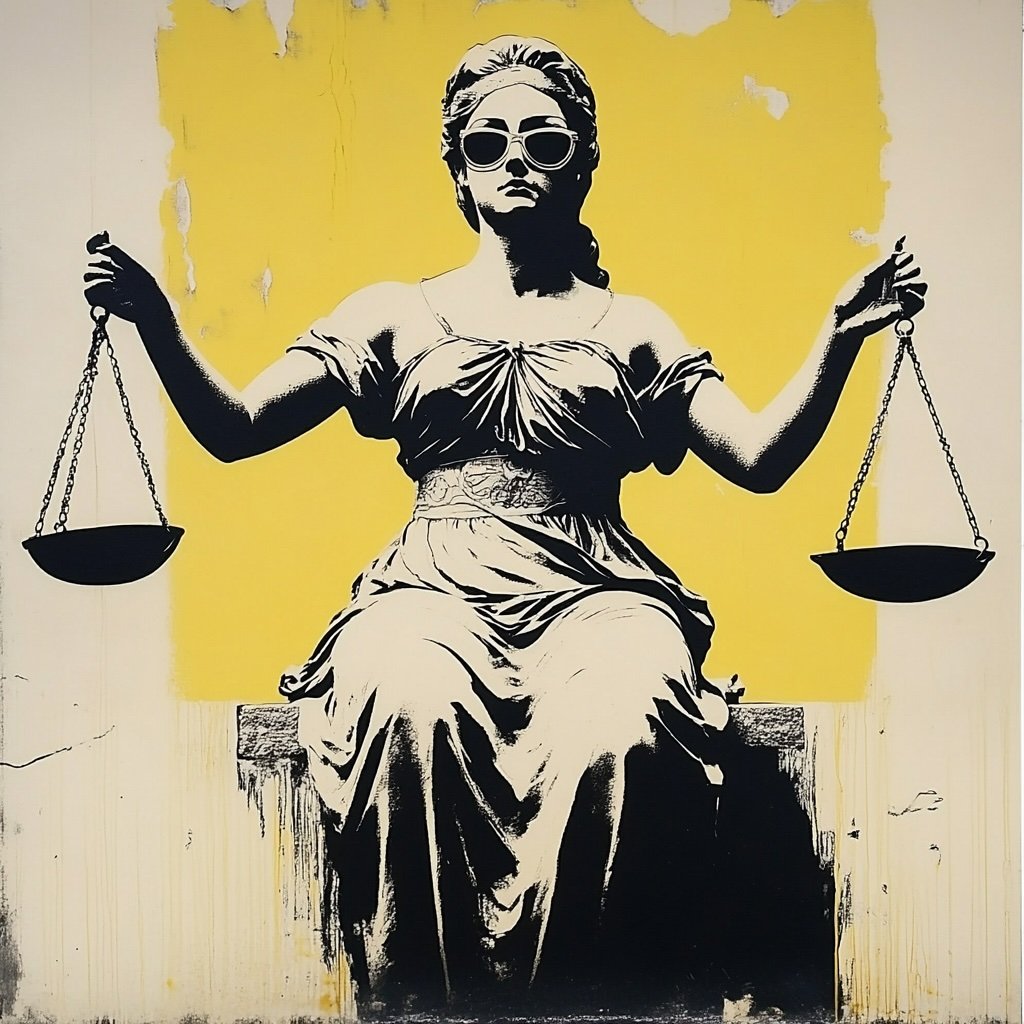
The Purpose of Judges.
Unpack the crucial distinctions between the left, conservatives and liberals on legal fairness, and see why their approaches to rights, reform, and equality can lead to dramatically different outcomes in the courtroom.
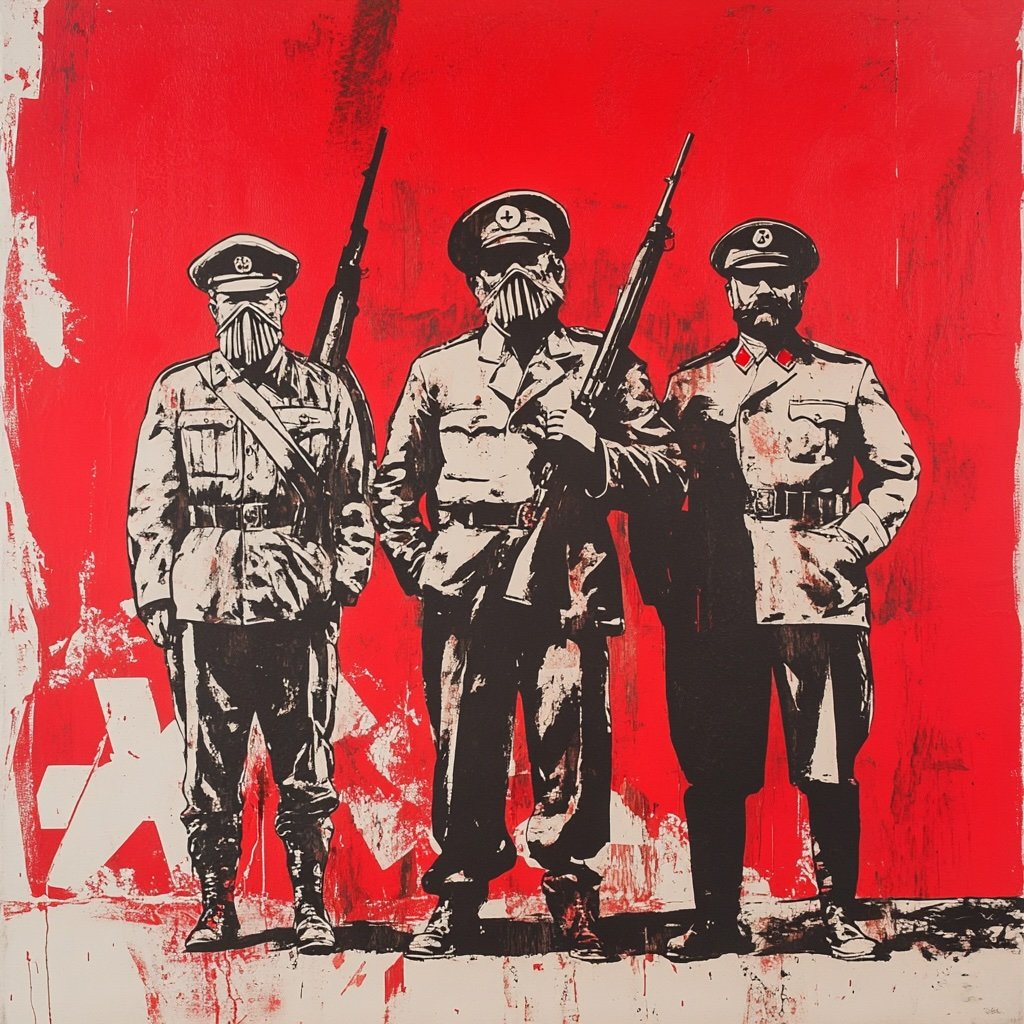
Hate.
For the left, eradicating hate is the path to utopia, yet conservatives argue that hate, like all primal emotions, can be harnessed—directed toward true evils rather than suppressed or misapplied. Carl Jung’s insights deepen the debate, warning that unacknowledged anger festers, sabotaging both individual well-being and social harmony.
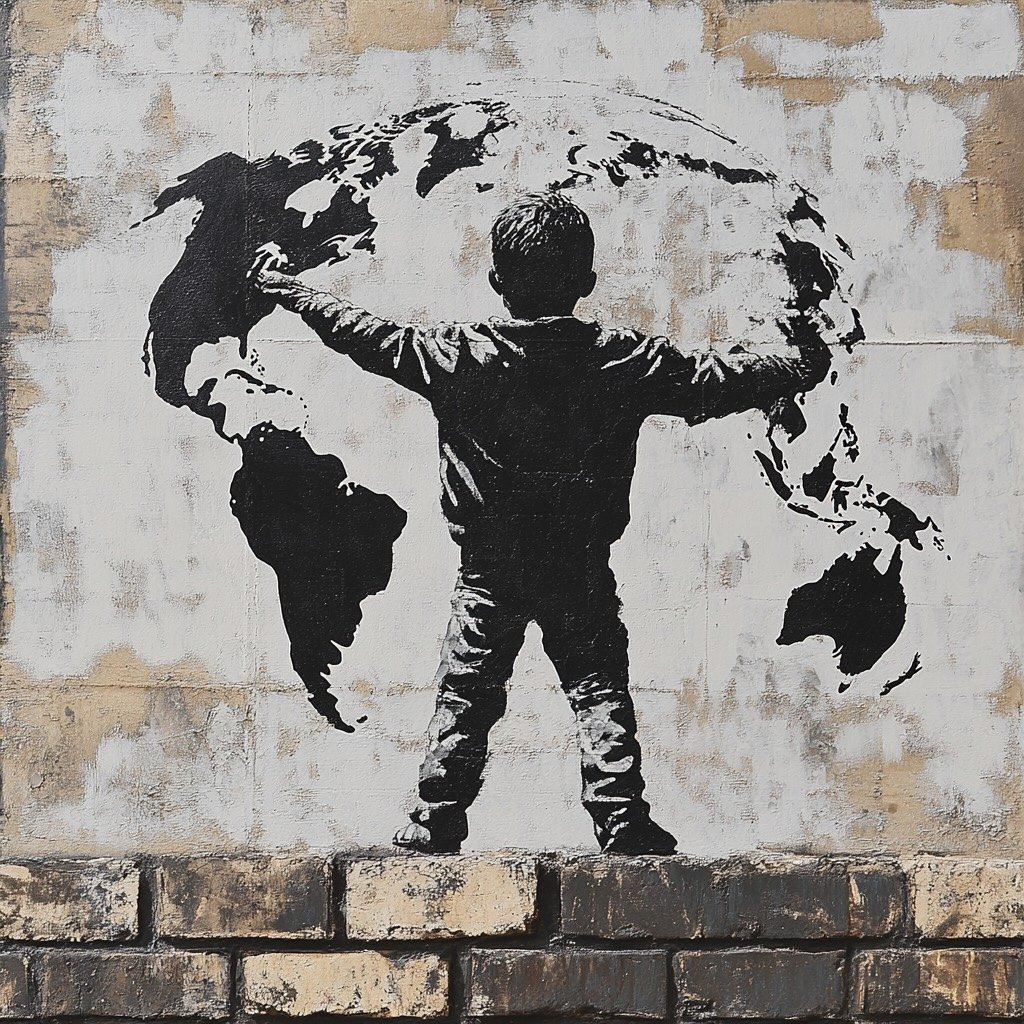
The International Ideal.
Institutions like the World Economic Forum, United Nations, and European Union increasingly pressure national governments to comply with global mandates, often overriding the will of their own citizens. Critics argue that this top-down approach erodes local autonomy and threatens the very fabric of national sovereignty. As global bodies push progressive agendas, resistance is mounting among those who see these efforts as a direct assault on liberty and self-determination.
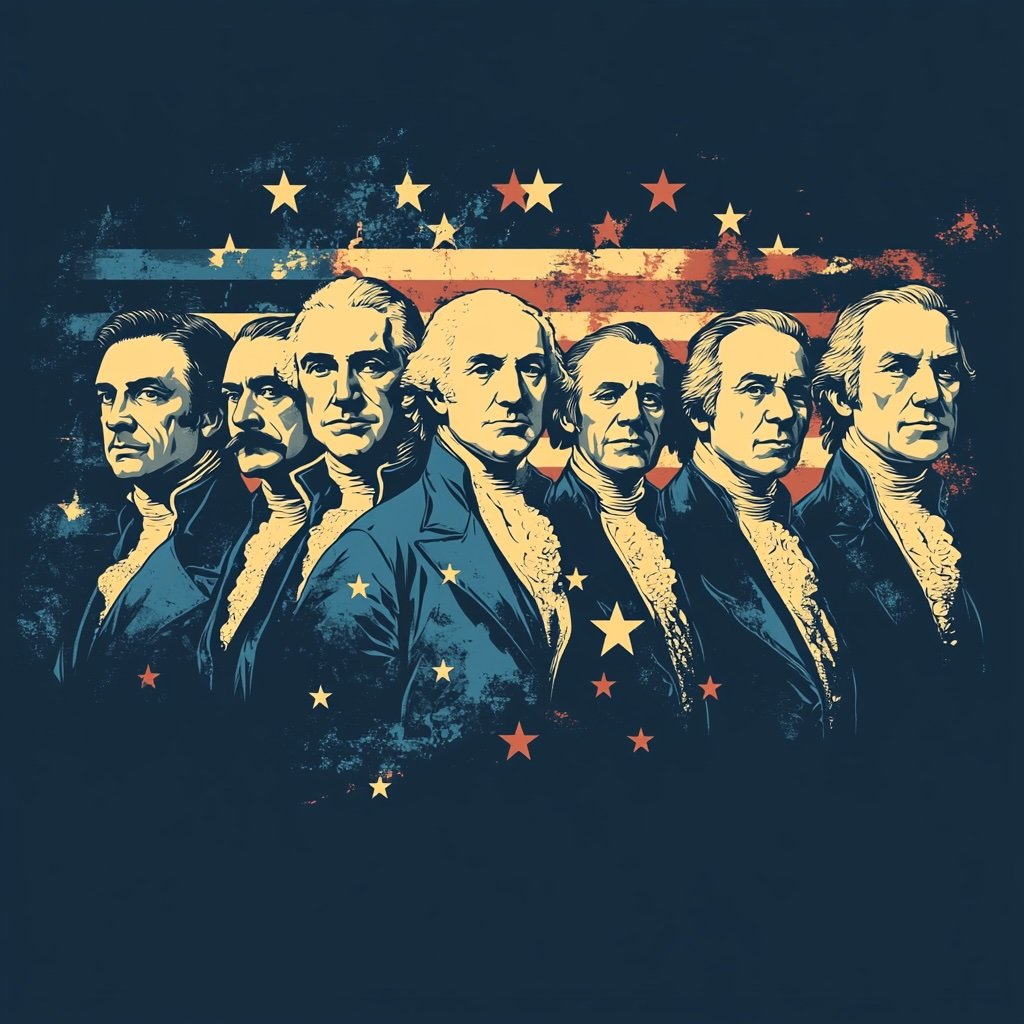
America’s Founders.
America’s founders have become lightning rods in today’s culture wars. Their legacies are fiercely contested between those who see them as visionary champions of liberty and those who see them as rich white slaveowners. The contradictions they embodied are not relics of the past—our own lives are entangled in modern injustices, from the minerals in our smartphones to the labor behind their assembly. The uncomfortable truth is that every era is built on moral compromises that demand honest reckoning rather than easy condemnation.

World Citizen.
The modern left’s embrace of global citizenship collides head-on with the conservative defense of national identity. This has ignited fierce debates over borders, loyalty, and belonging. As historical symbols are recast and national pride is scrutinized, the very fabric of what binds people to their countries is being unraveled and rewoven.

The Death Penalty.
The left opposes the death penalty on ethical grounds, insisting that no crime warrants such an irreversible punishment. Yet, in recent years, some far-left voices have glorified revolutionary violence as a tool for change. Conservatives, by contrast, argue that certain atrocities demand the ultimate penalty, viewing justice as inseparable from retribution. Their opponents, however, criticize this stance as a Christian contridiction. This clash of principles exposes an uneasy paradox: calls for compassion can coexist with the allure of violent upheaval.
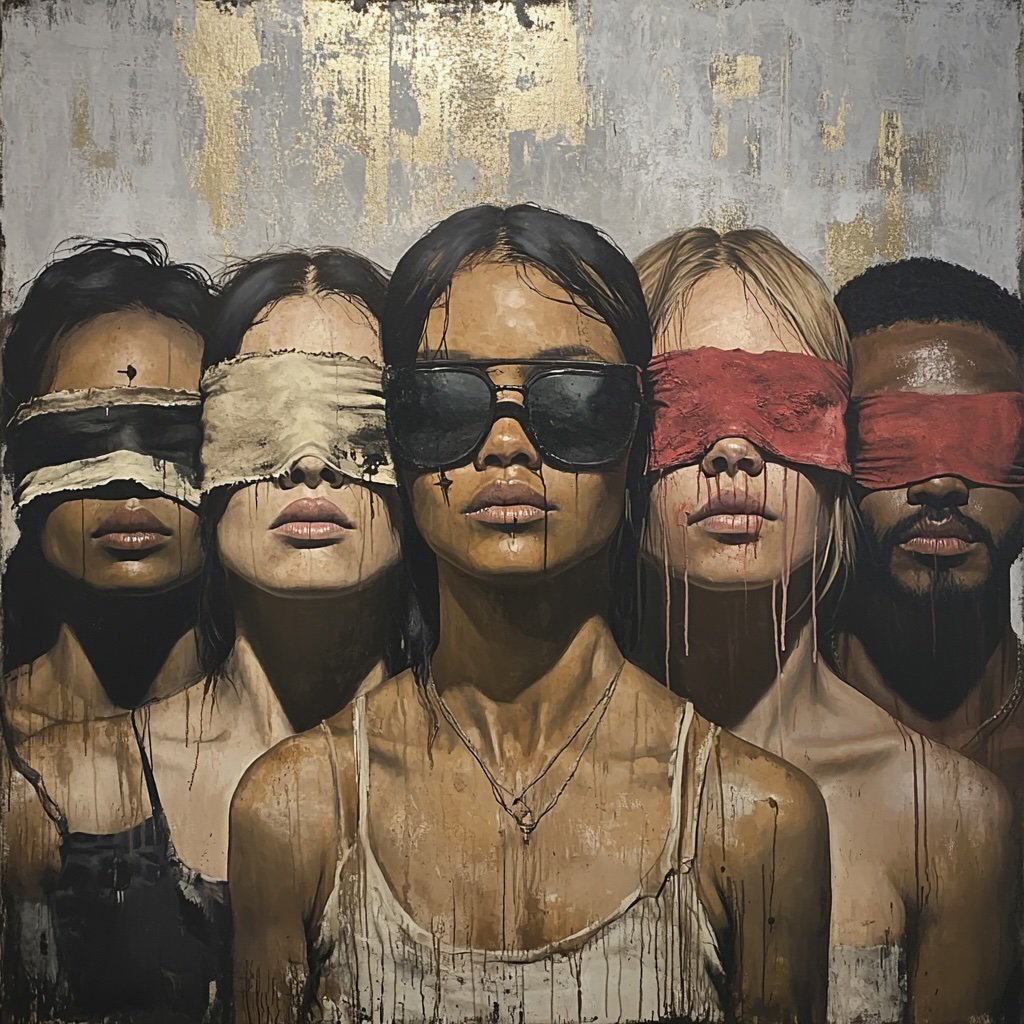

Illegal Immigration.
The left rejects the label “illegal,” pushing instead to erase lines between citizens and non-citizens. Conservatives insist on border security and legal entry, warning that blurring these lines threatens the very fabric of the nation.

National Borders.
For many on the left, the idea of dissolving national borders is not just a dream but a moral imperative, with global institutions prepared to dictate the fate of entire continents from distant boardrooms. Meanwhile, conservatives see this as nothing less than an existential threat, warning that unchecked immigration and international authority are erasing the very cultures and freedoms that define a nation.

Cultures.
The debate over cultural equality versus cultural achievement is a dividing point between the left and conservatives. These perspectives highlight the tension between respecting every culture on its own terms and recognizing the powerful draw of societies that offer greater freedom and opportunity.

The Primary Problems Facing Black Americans.
Is the biggest barrier for Black Americans today racism—or the breakup of Black families? From systemic injustice to family structure, the left and conservatives offer sharply different explanations for inequality.

The Greatest English Playwright.
Debates over who deserves the title of “greatest playwright” reveal deep divides in how art is valued today. While some celebrate diversity and challenge traditional icons, others uphold timeless standards of artistic excellence.

The Purpose of Art.
From banana installations and invisible sculptures to Renaissance masterpieces, art today is a clash of radical innovation and timeless tradition. Postmodern works disrupt conventions with bold statements, while conservatives champion pieces that inspire and endure. The debate reveals just how deeply divided our definitions of art have become.

Racial, Ethnic, Gender and Diversity Universities.
What should universities value more: diversity of identity or diversity of ideas? When campus protests erupt over controversial speakers, the clash between inclusion and free expression takes center stage. These competing visions for higher education are shaping not just classrooms, but the future of American society


The Worth of the Human Fetus.
The political left and conservatives hold sharply opposing views on the value of fetal life, resulting in significant legal and ethical contradictions. These divisions prompt a fundamental question: Is the value of life determined by deeply held moral beliefs or by economic interests?

God and Society.
The differences between the left and conservatives regarding the role of God and religion in America are significant. The left typically treats religion as a private matter, often restricting its influence in public spaces while embracing other belief-based movements in schools and society. In contrast, conservatives generally advocate for a society rooted in religious values, believing that faith provides an essential moral foundation, yet they also support the separation of church and state.
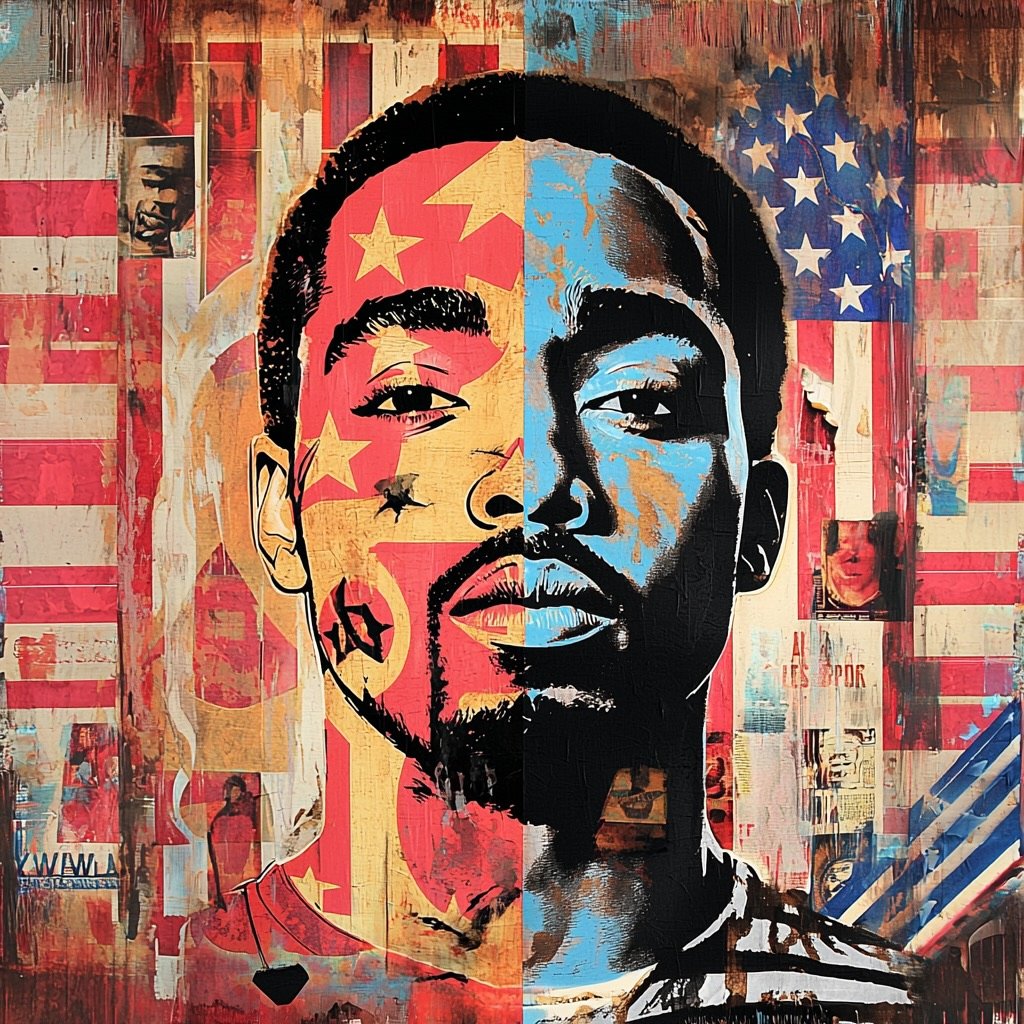
Differences Between the Left and Conservatives
The differences between the left and conservatives aren’t just about politics—it’s a battle of visions for society. This exploration cuts through tribal rhetoric, revealing how values, not parties, define the division—and why understanding them might just save the democracy from itself.